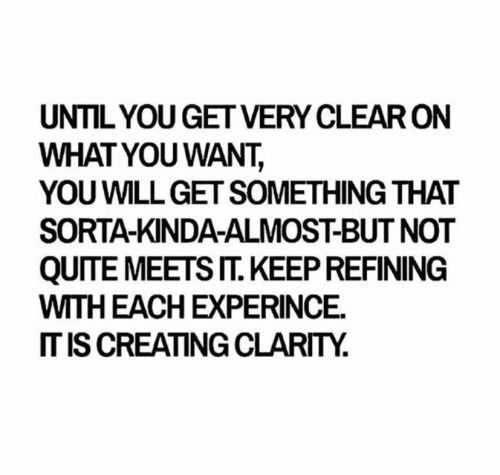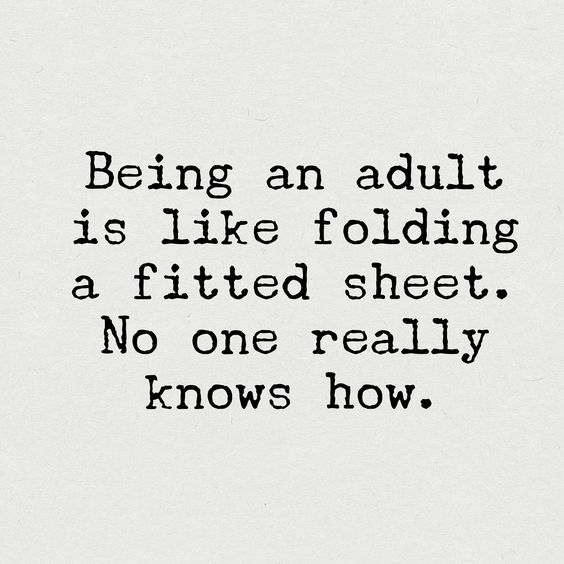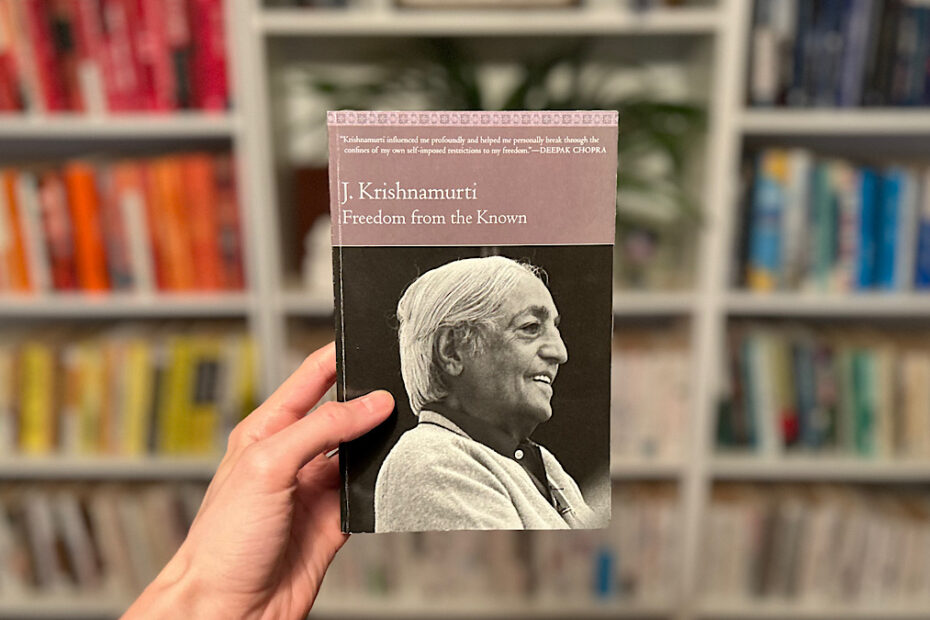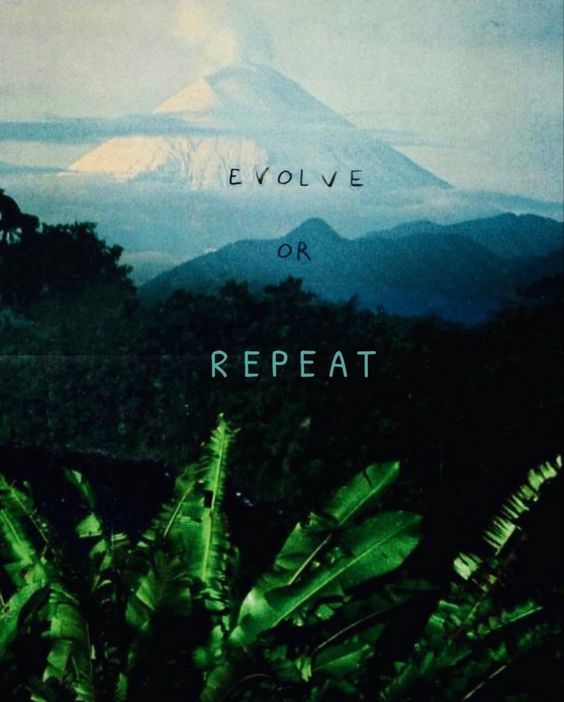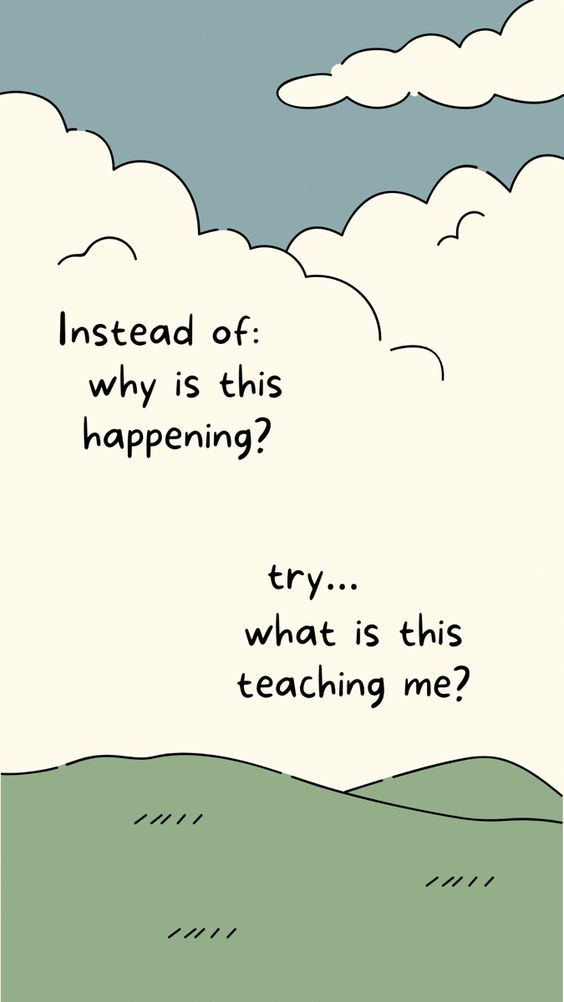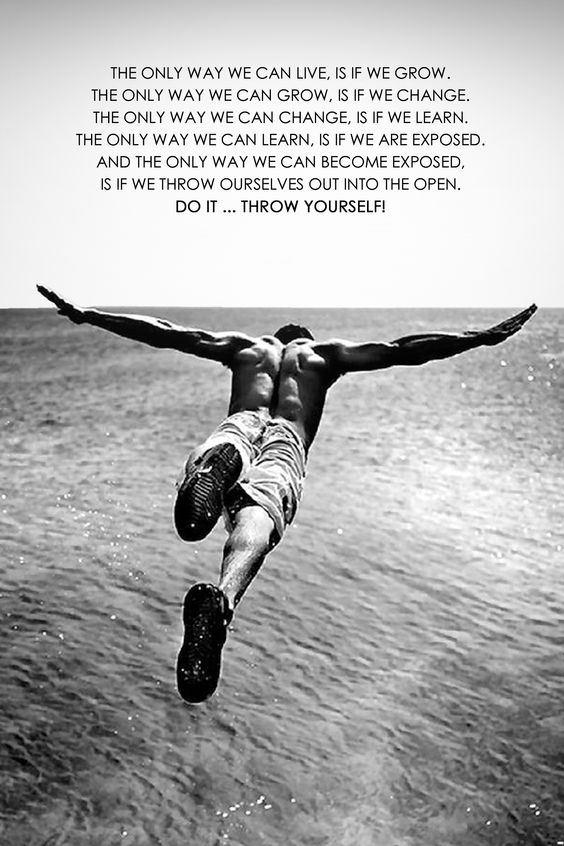“A writer — and, I believe, generally all persons — must think that whatever happens to him or her is a resource. All things have been given to us for a purpose, and an artist must feel this more intensely. All that happens to us, including our humiliations, our misfortunes, our embarrassments, all is given to us as raw material, as clay, so that we may shape our art.”
Jorge Luis Borges
“The first time you bake cupcakes, you will certainly follow the recipe with rigor. The third time, you might improvise and screw up. Learning your lesson, you will follow the recipe again and again as closely as you can. At this point, by the fifth time, some people actually learn to bake. They improvise successfully. They understand the science and the outcomes. They develop a kind of gracefulness in the kitchen. Others merely plod along. They’re cooks, not chefs. We have too many cooks. The world is begging for chefs.”
Seth Godin, Graceful (Page 5)
“Every top executive and every analyst sitting at the center of a communications network should periodically emerge from his world of abstractions and take a long unflinching look at unprocessed reality. Every general should spend some time at the front lines; every research administrator should spend some time in the laboratory doing research of his own; every sales manager should take his sample case out periodically and call on customers; every politician should get out and ring doorbells.”
John W. Gardner, Self-Renewal (Page 79)
26 J. Krishnamurti Quotes from Freedom From The Known For A More Liberated, “First-Hand” Life Experience
Excerpt: This collection of J. Krishnamurti quotes will challenge you and your beliefs, give you fresh perspectives, and leave you feeling liberated…
Read More »26 J. Krishnamurti Quotes from Freedom From The Known For A More Liberated, “First-Hand” Life Experience
“For centuries we have been spoon-fed by our teachers, by our authorities, by our books, our saints. We say, ‘Tell me all about it—what lies beyond the hills and the mountains and the earth?’ and we are satisfied with their descriptions, which means that we live on words and our life is shallow and empty. We are second-hand people. We have lived on what we have been told, either guided by our inclinations, our tendencies, or compelled to accept by circumstances and environment. We are the result of all kinds of influences and there is nothing new in us, nothing that we have discovered for ourselves; nothing original, pristine, clear.”
J. Krishnamurti, Freedom From The Known (Page 10)
“So it is that there is nothing to be taught, but yet there is something to be learned. There is something we may come to understand, but not if we demand that it be explained to us. There is something that may happen to us, but not if we await its coming from outside of ourselves.”
Sheldon B. Kopp, If You Meet Buddha On The Road, Kill Him! (Page 190)
“The Zen master warns: ‘If you meet the Buddha on the road, kill him!’ This admonition points up that no meaning that comes from outside of ourselves is real. The Buddhahood of each of us has already been obtained. We need only recognize it. Philosophy, religion, patriotism, all are empty idols. The only meaning in our lives is what we each bring to them. Killing the Buddha on the road means destroying the hope that anything outside of ourselves can be our master. No one is any bigger than anyone else. There are no mothers or fathers for grown-ups, only sisters and brothers.”
Sheldon B. Kopp, If You Meet Buddha On The Road, Kill Him! (Page 188)
“Siddhartha ‘no longer merely knows about, he understands the evils of the worldly life’ and so he is free of them.”
Sheldon B. Kopp, If You Meet Buddha On The Road, Kill Him! (Page 60)
“The most important things that each man must learn, no one else can teach him. Once he accepts this disappointment, he will be able to stop depending on the therapist, the guru who turns out to be just another struggling human being. Illusions die hard, and it is painful to yield to the insight that a grown-up can be no man’s disciple. This discovery does not mark the end of the search, but a new beginning.”
Sheldon B. Kopp, If You Meet Buddha On The Road, Kill Him! (Page 56)
“What the guru knows that the seeker does not is that we are all pilgrims. There is no master, and there is no student.”
Sheldon B. Kopp, If You Meet Buddha On The Road, Kill Him! (Page 19)
“As a therapist, I know that though the patient learns, I do not teach. Furthermore, what is to be learned is too elusively simple to be grasped without struggle, surrender, and experiencing of how it is.”
Sheldon B. Kopp, If You Meet Buddha On The Road, Kill Him! (Page 7)
“Never believe anything unless you have experienced it. Never form any prejudice, even if the whole world is saying that something is so, unless you have encountered it yourself.”
Osho, Everyday Osho (Page 131)
“How many of us are good at spotting the feedback that’s saying, ‘Hey this is not working for you?’ How many of us make the same mistakes over and over, have been stuck in the same unproductive patterns for years, refusing to be taught by experience? How many of us are actively looking at models (as Seneca said, choosing ourselves a Cato) and being instructed by their example as we face new situations? How often are our beliefs changing, being updated to fit new information as it is provided by what we witness and undergo? Learning is so much more than what happens in books, so much than just facts and figures. It’s more than just what we seek out or want to hear. Life is a classroom. Experience is a teacher. Are we willing to be taught?”
Ryan Holiday
“Mature people are those who have watched and found for themselves what is right, what is wrong, what is good, what is bad. And by finding it for themselves, they have a tremendous authority. The whole world may say something else, and it makes no difference to them. They have their own experience to go by, and that is enough.”
Osho, Everyday Osho (Page 24)
